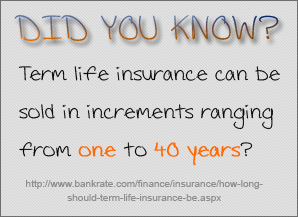If you want to have your golden years be golden, and not be spent eating peanut butter sandwiches and soup because that’s all you can afford, now is the time to start planning for retirement. Here are some tips to do so:
- Get out of debt now: That means paying off student loans as soon as you can. This also means paying off your credit cards, and not using them again to run up future debt. The quicker you can get out of debt, the better. If you have to sell a few things on eBay or get another job to do so, it may a short-term sacrifice, but think of the long-term benefits.
- Have an emergency fund: You can start with an emergency fund of at least $500 – preferably $1000 – to get going. What this will do is protect you from having to ring up debt in order to pay for life’s crises. This way, if your car breaks down, you should be able to pay for it out of the emergency fund, instead of ringing up new debt. Once you get out of debt, you should try to save the equivalent of three to eight months of your bills as your emergency fund.
- Stop crazy spending: Keep to a budget, and stop spending wildly. Sure, you can allow yourself a little bit of money each month to spend on fun stuff – otherwise, your life will seem like nothing but bills – but keep it under control. Remember when Carrie on “Sex and the City” realized that she spent the equivalent of a mortgage down payment on shoes. How frivolous. Keep your eyes on the prize – your financial future – and cut the silly spending.
- Buy insurance: Term life insurance can financially protect your beneficiaries if something were to happen to you. You can buy insurance that could replace your income for your loved ones. A good guideline is to buy term life insurance that would be the equivalent of seven to ten years of your current income.
- Save, save, save for retirement: If your company offers some sort of matching deal for a 401K and you turn it down, you are leaving free money on the table. You should participate in that deal up to the maximum, if it is offered. It could also have tax benefits, as you do not have to pay taxes on the money you invested. You should also save in a Roth IRA, which saves after-tax dollars. And the quicker you start doing so, the better. The power of compounding means that the longer you invest, the more money you can end up with. A good rule of thumb on how much to invest is 15% of your income, but if you are getting close to retirement years and do not have much invested, you might have to put more money towards it.
Lisa Swan writes for a variety of life insurance sites, including MedLifeInsurance.net.





